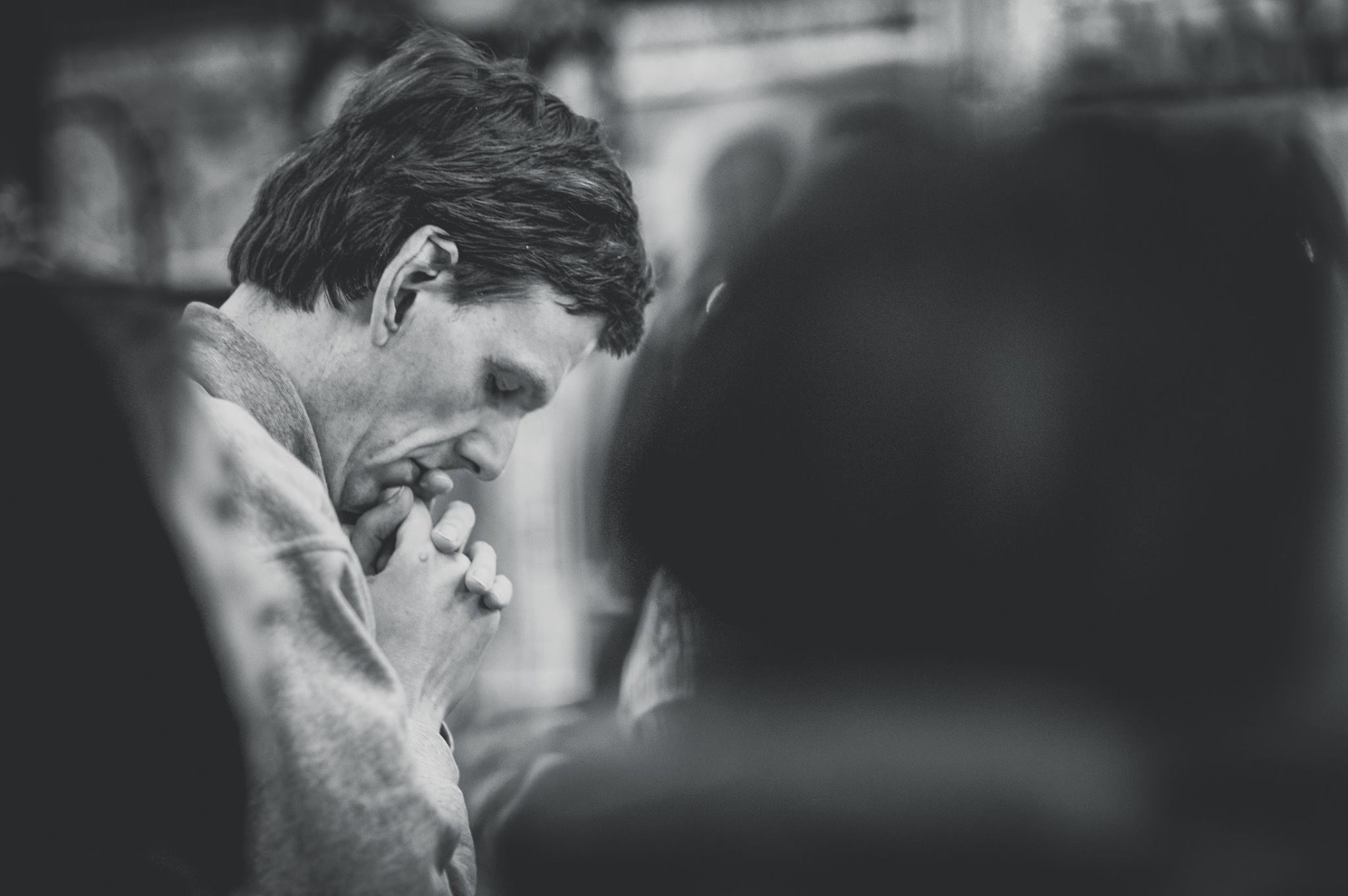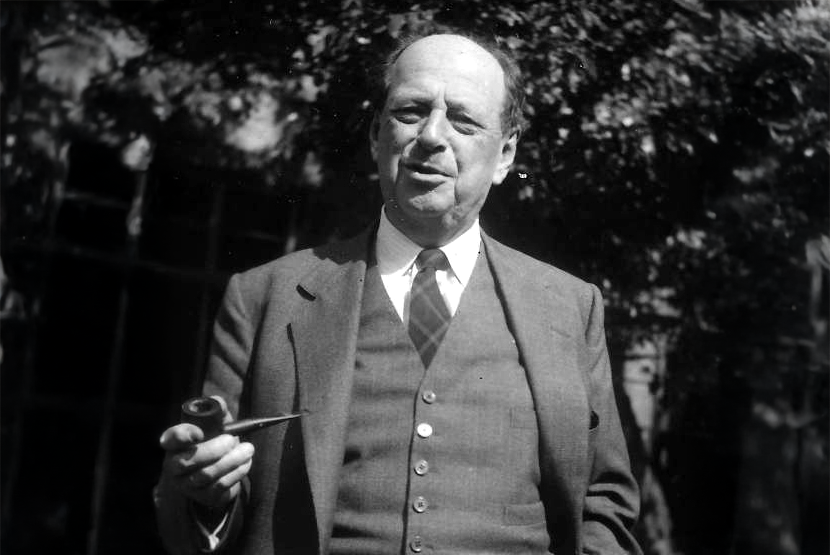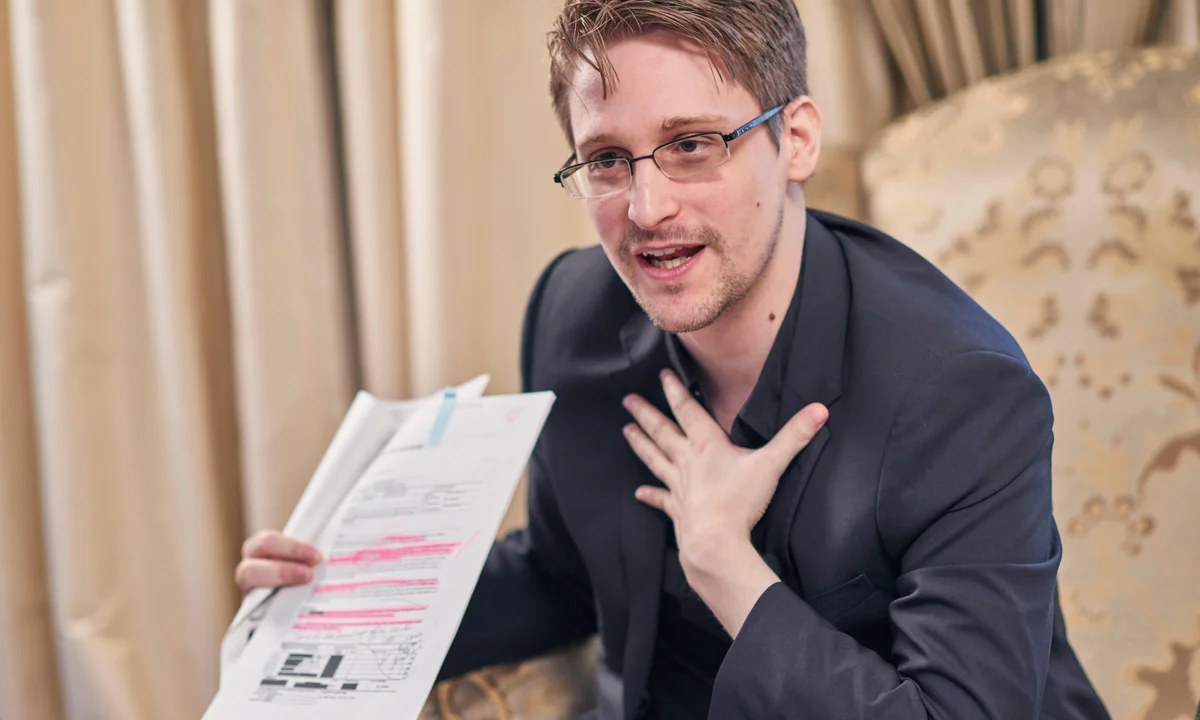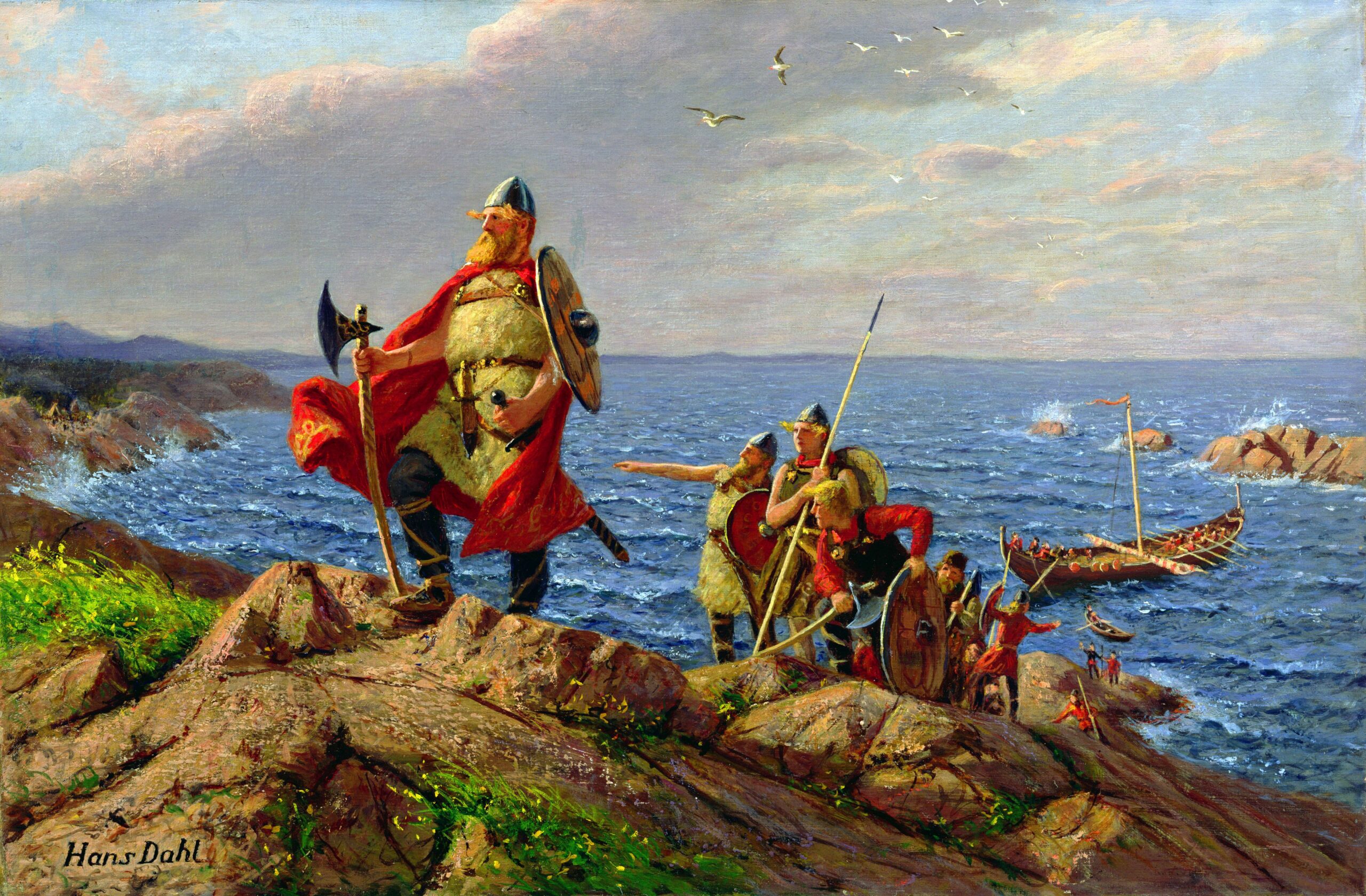Q: How did you get into journalism, and what inspired you to choose this profession?
Dmitry Zlodorev:
I became «infected» with journalism, in the best sense, as a child. One of my favorite activities was playing tabletop hockey or football and commenting on the matches. What started as a game eventually became my life’s work.
At 15, my first article was published in Sportivnaya Moskva («Sports Moscow»), one of the most popular sports newspapers in Moscow in the mid-1980s. It was about a children’s basketball tournament. Soon after, my second and third articles followed.
By the 9th grade, I was certain I wanted to study at the journalism faculty of the Lomonosov Moscow State University (MSU). By the time I applied, I already had dozens of substantial articles under my belt—interviews, essays, and reports. Some of them I’m still proud of, like A Letter to Sergei Yesenin. Initially, I wrote it just for myself and never planned to publish it, but my mother insisted I submit it to the newspaper where I interned. The response was unexpected: readers started recognizing me and expressing their gratitude.
MSU’s journalism program has a unique feature: before taking general exams, applicants undergo a creative competition. It includes two interviews with a jury of renowned journalists and an essay that essentially serves as a sample article.
Imagine such a picture: it’s 1988, the peak of Perestroika, and I walk into the room and see that my examiner is Yegor Yakovlev, the editor-in-chief of The Moscow News, a paper that was famous throughout the Soviet Union. The test went excellently. Fifteen years later, I was part of the admissions committee myself, conducting interviews alongside Yakovlev. I thanked him for giving me my start in life—not only did I grow up on his work, but he also didn’t “fail” me during admissions when he easily could have.
During my studies, I started working at ITAR-TASS, one of the world’s largest news agencies. I wrote about culture and the Americas. Then I was assigned to economics—a field TASS hadn’t extensively covered before. For a long time, I worked alone while competitors had teams of several people in this field. I still remember my first assignment: covering Russia’s largest auction at the time for selling shares of the oil company Slavneft. Somehow, I managed, and I stayed in that role for years. Apparently, I did well enough because I was awarded a posting to the United States. At the time, in the early 2000s, this practice of rewarding distinguished employees with foreign assignments, a holdover from the Soviet era, still existed.
Q: You work in the U.S. as a Russian journalist. How did your American journey begin?
Dmitry Zlodorev:
First of all, I want to say that working in America is amazing and incredibly interesting. You’re constantly learning something new, getting to know American culture, and realizing just how beautiful this country is.
I first came here for a few months in the late 1990s to intern at a local newspaper in a small Colorado town. It was an incredible experience: transitioning from working at one of the world’s largest news agencies to diving into the life of a small town where a local street incident mattered more to residents than major global events.
The newspaper gave me a weekly column, which always included my photo. That’s when I learned what popularity meant! At that time, the rivalry between the Colorado Avalanche and the Detroit Red Wings, featuring the famous Russian Five, was at its peak. Before one of the games, I interviewed Russian players Vyacheslav Fetisov, Valery Kamensky, and Vladimir Konstantinov. The next morning, people on the street were thanking me for the article!
In the early 2000s, I began taking regular assignments in Washington, D.C., for ITAR-TASS.
Q: You’ve worked in the U.S. for over 20 years. What milestones stand out?
Dmitry Zlodorev:
One of my assignments began on September 10, 2001. The next day, the terrorist attacks happened. I can still see the burning Pentagon building and remember the acrid smell of smoke.
In 2002, I covered the Winter Olympics in Salt Lake City, which were fraught with controversies over the judging of Russian athletes. Since I was almost the only delegation member who spoke English, I had to give interviews to Western colleagues, which later appeared in The New York Times, USA Today, and television reports.
In 2011, President Barack Obama announced the killing of Osama bin Laden. I remember the tension as the White House suddenly called a nighttime press conference. I still don’t know how I managed to simultaneously listen to the briefing, write articles, and dictate them to Moscow over the phone.
Another memorable moment was in 2015 when the Iran nuclear deal was announced—I wrote 45 news stories in a single day.
One of my best pieces in the U.S. was an interview with American jazz ballet legend Judith Jamison, who, unfortunately, passed away a few weeks ago. She spoke about her trips to the Soviet Union and how warmly her troupe was received. When she mentioned “Rudi,” “Sasha,” and “Misha,” I realized she was talking about Rudolf Nureyev, Alexander Godunov, and Mikhail Baryshnikov.
Recently, I covered the U.S. presidential election. It was the simplest one I can recall—Donald Trump’s victory was announced just hours after voting ended, unlike previous years when results took weeks.
Q: What challenges do you face as a journalist working in the U.S.?
Dmitry Zlodorev:
Working in the U.S. is fascinating but not easy. Often, Russian journalists are ignored—press offices don’t respond to our questions. This may not even be political; outlets like CNN or The New York Times are simply more familiar to them than any Russian media.
That said, I haven’t heard a single negative remark about Russia or Russians from ordinary Americans.
Many newsmakers are hesitant to engage with us, but they still do. I’ve interviewed U.S. senators, such as Lisa Murkowski of Alaska, State Department officials, and city mayors. For instance, the mayor of Santa Claus, Georgia, Donita Brown, spoke with me about creating a billboard featuring Russia’s Ded Moroz and other Santa Claus “relatives” worldwide after our conversation.
I was surprised to read that after our conversation, she advised the city council to make a special billboard about Russian Ded Moroz (Grandfather Frost) and other Santa’s “relatives” fro all over the world.
Q: You actively cover Orthodox topics. What inspires you in this field, and how do you find your stories
Dmitry Zlodorev:
More often than not, the stories find me—perhaps guided by God. I’ve had the privilege of speaking with many modern church figures and nearly all hierarchs of the Russian Orthodox Church Outside Russia (ROCOR) in America and Europe.
I’ll never forget my interview with the late Metropolitan Hilarion (Kapral). It was likely his last. Despite feeling unwell, he answered all my questions. I also interviewed Bishop Nicholas (Olhovsky), now the First Hierarch, creating a generational continuity.
These conversations opened my book on the reunification of ROCOR and the Moscow Patriarchate, which I was fortunate to write.
Q: Tell us about the process of creating it and the key moments that made it unique.
A: The key moment was that no one refused to talk to me, even though several of my interlocutors were high-ranking hierarchs with plenty of responsibilities, even without speaking to journalists. Among them were First Hierarch Metropolitan Hilarion, Bishop Nikolai, Metropolitan Mark of Berlin and Germany, Archbishop Gabriel of Montreal and Canada, and Bishop Jerome (Shaw).
Additionally, I was fortunate to speak with about twenty priests who were directly involved in the reconciliation of the two Churches. Each of them is a treasure trove of stories, and listening to them was a profound joy and spiritual reward. For example, Metropolitan Mark of Germany recalled how, as a layman, he traveled to Mount Athos and interacted with the elders from a monastery under the Moscow Patriarchate. He couldn’t partake in Communion with them, but he gained immense spiritual insight from them. Bishop Gabriel of Canada shared how he was initially skeptical about reunification but eventually realized it was the only correct path.
Archimandrite Tryphon (Parsons) remembered a pastoral meeting where opponents of reconciliation openly attacked the Moscow Patriarchate delegation. As an American – essentially an outsider – he knelt in the middle of the hall and asked for forgiveness. Then, unable to hold back his tears, he stepped outside. It turned out that this act helped break the ice, enabling both sides to find common ground.
Father Victor Potapov, the rector of St. John the Baptist Cathedral in Washington, shared how reconciliation was achieved during the All-Diaspora Council in San Francisco in 2006, where the historic decision to unite was made. Initially, opponents of the reunification were highly active, even insulting Metropolitan Laurus (Shkurla), who humbly listened. However, everything went smoothly after a prayer service at St. John of Shanghai and San Francisco relics. During the vote, no one opposed it. As Father Victor recounted, many former «oppositionists» later described it as nothing short of a miracle of God.
Q: With which ROCOR hierarchs and priests did you speak? Are there any stories that stood out to you?
A: Perhaps the most memorable was my final interview with Metropolitan Hilarion. It took place in the presence of the main Orthodox relic of the Russian Diaspora – the Kursk Root Icon of the Mother of God. Just imagine: in Russia, people stand in line for hours to venerate it for just five seconds, and there it was, just a couple of meters away from me. Isn’t that a miracle?!
Many of our priests are incredible storytellers. For instance, the late Father George Larin from Nyack, NY, often shared stories about St. John of Shanghai, whom he knew well in his youth. The same applies to Vladimir Krassovsky, the Joy of All Who Sorrow Cathedral choir director in San Francisco. Can you imagine the miracle of hearing stories from people who personally knew one of the most venerated saints of the Russian Diaspora? And how Protodeacon Victor Lokhmatov from Jordanville recounts his experiences with Metropolitan Laurus! Not to mention Father Victor Potapov, who was friends with Metropolitan Hilarion and Mstislav Rostropovich, even secretly took the writer Vladimir Soloukhin to meet Alexander Solzhenitsyn during Soviet times. Listening to their accounts, I felt as though I had personally known these great people.
Q: What professional achievements in journalism do you consider the most significant? Are there any awards or publications you are especially proud of?
A: My greatest achievement is the trust of my interlocutors. It’s crucial for me that after the first meeting, there’s a second and a third. Sometimes, at the end of an interview, a person thanks me for taking an interest in them. Such feedback is its own reward.
I recall an episode from the 1990s when Akhmat Kadyrov, later the president of Chechnya, was a mufti hiding from Chechen militants. At the time, I was in close contact with Moscow Mufti Ravil Gainutdin, who arranged a meeting with Kadyrov for me. Imagine: a person who hadn’t spoken to journalists for years made an exception. Isn’t that a reward in itself?
I’ve also received tangible recognition. My internet project, «Russia-America: A Bridge Across the Ocean,» which explored the history of Russian America and the Russian diaspora in the U.S., was awarded the diploma of the Russian national public relations award, «Silver Archer – USA.» It was gratifying to be among the authors of significant projects known to our entire diaspora.
Q: You write not only about Russians but also about Americans, correct?
A: Yes, and I consider that a blessing. Many Americans, in spirit, are far more «Russian» than we are.
Through «Silver Archer,» I met an outstanding American pediatric cardiac surgeon, Bill Novick. He travels with colleagues worldwide, including to conflict zones, to perform surgeries on children that local doctors cannot handle. He worked in Russia for many years and is ready to return if invited. He has operated in Ukraine, Iraq, Lebanon, India, and even Belgrade during the 1999 NATO bombings. He’s a remarkable man – the kind who upholds the world.
I’ve also had the privilege of speaking with many World War II American veterans, who participated in the Arctic Convoys. Their stories gave me a different perspective on the war – one slightly different from how we know it in Russia. I hope to write a book based on their memories.
One veteran, retired Colonel Frank Cohn, now 99 years old, shared stories of his role in the famous Elbe Day meeting in April 1945. He was the first American to lay a wreath at the «Spirit of the Elbe» memorial at Arlington National Cemetery during a Russian Embassy ceremony. He is deeply saddened that such events no longer occur due to current politics.
Q: How has working in the U.S. influenced your understanding and coverage of Russian topics?
A: It’s essential to present Russian topics both in Russia and here, but in the U.S., it requires more precision and care. Americans often lack context for things we take for granted, so it’s vital to explain our perspectives.
Conversely, the same applies to American topics in Russia. As journalists, we must bridge these gaps. My primary goal is fostering better relations between Russia and the U.S. It may sound grand, but I believe in it deeply. As a Russian journalist with many years in the U.S., I strive to show readers that we have much in common and can work together for the greater good.
Q: What current projects do you find promising? Are you planning a book of memories?
A: I hope the book about the reconciliation of the two branches of the Russian Church will be published once funding is secured. But that’s just one of many projects I wish to pursue.
For example, I plan to expand a YouTube project, The Way to Orthodoxy, which we started at St. John the Baptist Cathedral in Washington, D.C. It explores how Americans discover Orthodoxy and how Russian émigrés have preserved it. I also want to create a series about Russian Church figures and influential Russian-Americans like Igor Sikorsky, Mikhail Baryshnikov, and Alexander Solzhenitsyn.
Additionally, I’d like to document the global Orthodox missions supported by ROCOR in places like Pakistan, Uganda, Costa Rica, and Haiti, as well as Dr. Novick’s medical missions. These stories deserve to be preserved in books and interviews.
Q: How do you see the development of Russian journalism abroad? What changes do you believe are necessary to support journalists overseas?
A: In the past, magazines like The USSR and America helped foster understanding between the U.S. and the USSR. Sadly, such publications no longer exist. Today, there’s Russian Life in Vermont and Russian World in Moscow, but they reach a niche audience.
I believe the U.S. needs nationwide Russian-language media for the diaspora. Publications like Russian Life or New Russian Word once served this role but now have limited circulation. Strengthening Russian-language periodicals in the U.S. would significantly help preserve our culture.
Q: What career achievements stand out for you?
A: Over 30 years, I’ve worked with leading Russian agencies, interviewed notable figures like Sting, Pierre Richard, and Vyacheslav Fetisov, and even covered events that influenced politics. For instance, my interview with Alexei Kudrin led to his dismissal as Russia’s finance minister.
However, the greatest achievement remains the trust of those I interview, especially those who are hesitant to speak with the press. It’s a privilege I deeply cherish.
A. Molodin



